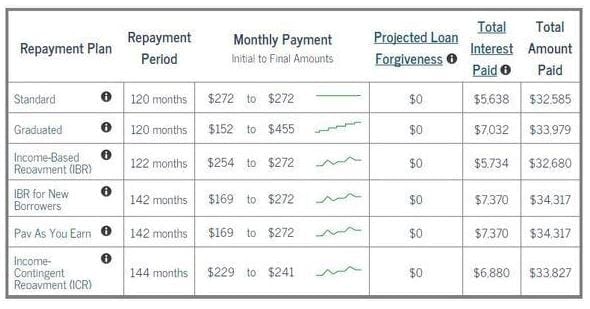The New Jersey senate has unanimously voted to approve a bill that will require the student loan agency for the state to forgive any student loan debt that a person has should they become permanently disabled or die.
How it used to work in the past
The student loan system in New Jersey requires a co-signer on a loan. Should the student be unable to pay the loan, the co-signer would be responsible to pay back the loan in its entirety. This is, of course, not an ideal situation. They are already dealing with the death or permanent disability of somebody that was close to them. It may be fair that the co-signer would have to pay if, for instance, the student was out of work temporarily, but it could be seen as unfair in the event of a serious situation.
The case that triggered this decision
According to The New York Times, the case was triggered by Marcia DeOliveria-Longinetti. Her son was murdered, and she asked to have his student loans forgiven. Since she was the co-signer on the loan, her request was refused and she was told that she had to pay back all $16,000 that was still owed. A number of people who had been put in the same situation testified at the hearing.
If you look at this graph, it shows you roughly how much she would have had to pay out of her pocket. Having an extra $200 in monthly outgoings thrust upon somebody could easily put them in a bad position financially.
Increase in legislation over the years
One of the main triggers for this legislation was due to how ruthless the loan companies have become in pursuing debt. Many people have claimed that they were overly aggressive in obtaining the payback of debt from co-signers. The loan companies say that they have an obligation to do this as the law states that they must minimize their losses.
- In 2010, just 100 borrowers or co-signers were chased to pay off debt.
- In 2015, this number was over 1,700.
- Over 90% of student loans are co-signed. This puts a lot of people in the firing line should they co-sign the loan of somebody that is now deceased.
How much debt will be forgiven?
Not a lot. The State of New Jersey estimates that it will lose about $1.5 million each year forgiving the loans that have been defaulted on due to death or serious disability. Sure, this is a good chunk of cash out of the budget for the state, but it stops people being put in situations where they may not be able to afford to pay back the loans of deceased people that were close to them.
What is the process of loan forgiving?
It is worth noting that this legislation will only apply to the following:
- State loans
- Loans with a co-signer
- The student must have been registered for an NJCLASS loan
- The student must be deceased or permanently disabled.
The bill that was produced will also enable people to defer their loans in the event of temporary disability. This ensures that the co-signer will not have to deal with huge expenses, particularly if they are already dealing with the lost income from somebody close to them becoming disabled. This is a common issue should a partner or spouse be the one to co-sign the loan. This bill is known as Bill S-743/A-2761. It has yet to enter law in New Jersey, but it is expected to do so in the near future.
In order to trigger the benefits that this law brings, the co-signer will need to ask for loan forgiveness from the federal loan company. This will automatically be granted once proof has been given that the student is either deceased or permanently disabled.


Leave a Reply